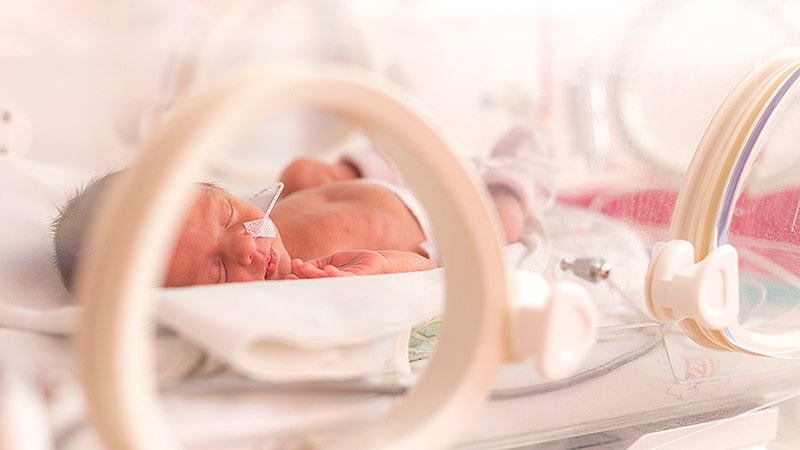Takeaway
- Adolescent pregnancy, regardless of outcome, is associated with an increased long-term risk for psychiatric morbidity.
Why this matters
- Long-acting reversible contraception helps to reduce adolescent pregnancy rates.
- Most adolescent pregnancies are unplanned.
- Risk-taking and unstable lifestyle may contribute to both adolescent pregnancy and psychiatric morbidity.
Key results
- Women without a history of an adolescent pregnancy achieved a higher educational level.
- Overall, psychiatric morbidity was higher in both induced abortion (adjusted incidence
rate ratio [aIRR], 1.3; 95% CI, 1.1-1.4) and childbirth (aIRR, 1.4; 95% CI, 1.3-1.6) in women <18 years of age compared with those without adolescent pregnancy. - Childbirth had higher risks for anxiety disorders compared with induced abortion (aIRR, 1.6 vs 1.1).
- The risk for psychiatric morbidity persisted into adulthood.
Study design
- Nationwide Finnish retrospective register study.
- Psychiatric diagnoses after adolescent pregnancy (both induced abortion and childbirth) were examined and compared up to 28 years after pregnancy.
- Childbirth (n=1794) at age <18 years was compared with induced abortion (n=3341) at age <18 years.
- Psychiatric diagnoses were identified through ICD codes.
- Funding: Finnish Medical Foundation.
Limitations
- Information on the intentionality of the pregnancy is lacking.
- Single country; results may not be generalizable.
References
References



